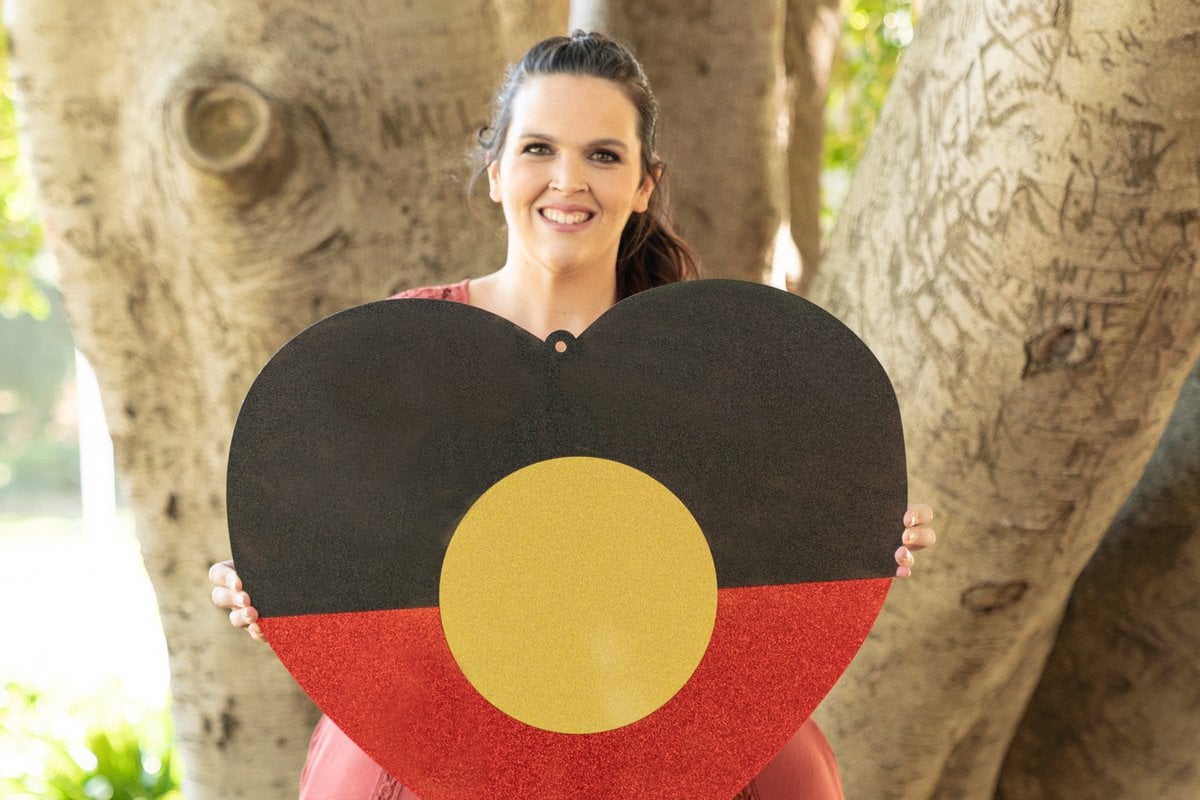
Every new notification or alert on my public social profiles has to be approached with caution.
It could be a harmless comment, but it’s just as likely to be a disgusting piece of racial hatred, posted publicly by trolls who hide behind fake profiles and cowardice.
As an Indigenous woman, business founder and mum, I’m tired of pretending racism doesn’t exist. The kind of attacks that caused Stan Grant to step down from his high-profile role are just the tip of the iceberg. Any Indigenous person with a profile or a platform is a target.
It’s depressingly predictable that this kind of abuse increases when it comes to significant dates in the calendar. This week it’s National Reconciliation Week, but other key dates like NAIDOC Week, National Sorry Day and even January 26 seem to be open invitations for the trolls to start their attacks.
Watch: Stan Grant on racism in Australia. Post continues below.
If you’re reading this and thinking you’ve not seen the abuse happening, it’s probably because we do a good job of hiding it.
Not because we’re trying to protect the trolls, but because we’re trying to protect the people in our online communities and audiences who trust us as a safe space to engage, learn and connect. They don’t need to see abusive, ignorant or racist comments.
My skin has grown thicker over the years, but that doesn’t mean the thousands of people who follow my business online should have to cop it, too.


Top Comments